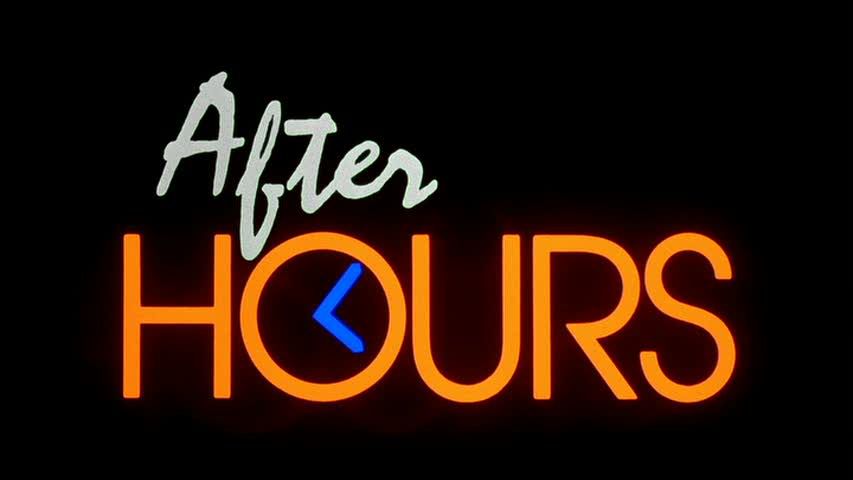
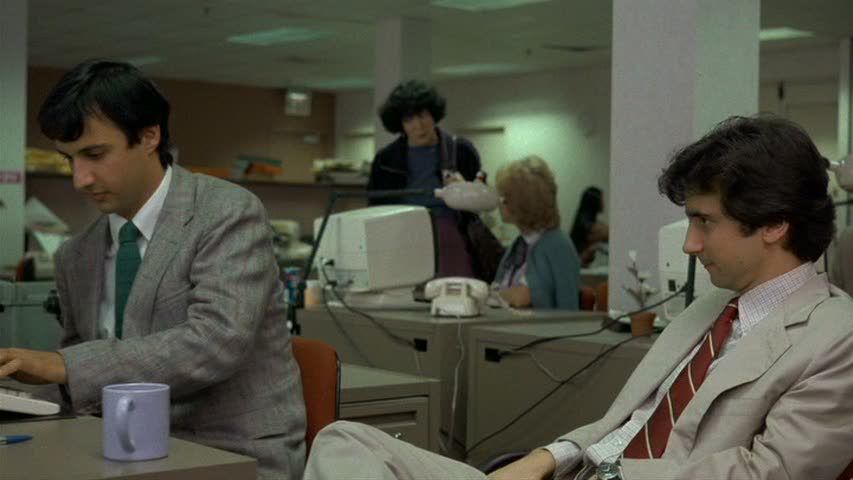
Martin Scorsese's After Hours is a wonderful and oft-overlooked film from the legendary director. In fact, it's every bit as much of a remarkable portrait of urban living as any of Scorsese's more famous New York stories. The film is a nightmare, the frenzied documentation of one night in the life of bored, prosaic office worker Paul Hackett (Griffin Dunne), who against his better judgment accepts the late-night invitation of Marcy (Rosanna Arquette), who he randomly meets at a diner. Paul's spur-of-the-moment but seemingly innocuous decision to go visit Marcy at her SoHo apartment, after midnight on the same night he first met her, turns out to be a down-the-rabbit-hole choice that sends Paul off on a wild and surreal journey of violence and sexual confusion. This is a dark, hysterical comedy of mishaps, misadventures and misidentifications, as Paul encounters one absurd situation after another. It's a kind of cautionary parable, as the staid, square Paul steps outside of the security of his comfort zone and finds himself utterly unprepared for the messiness and insanity of the world that exists outside his familiar circuit from office job to neat apartment.
The result is a skewed vision of New York as a garish, jumbled, confusing maze, a place where chance meetings place Paul into close contact with all sorts of fascinating/frightening characters, from a clingy, desperate middle-aged waitress (Teri Garr) to the aggressive and provocative artist Kiki (Linda Fiorentino) to a gay guy who clearly thought he was picking Paul up, and finds out otherwise much to his disappointment, to Marcy herself, with all her unexpected hangups and eccentricities, to a pair of goofy crooks (Cheech Marin and Tommy Chong) who serve as the film's plot device delivery system. By turns poignant, harrowing and darkly hilarious, After Hours is one of Scorsese's masterpieces, a seemingly light film that in fact gives form to the fears and insecurities of those who would shut themselves off from life in order to avoid risk. In Paul's case, his skittishness turns out to be warranted, or perhaps — and this is quite likely — it's his very fears that, in a self-fulfilling prophecy, prompt the unsympathetic city to chew him up and spit him out, very much the worse for wear, the next morning, back at his job and his familiar life, back to a well-trod path from which he'll likely never deviate again.
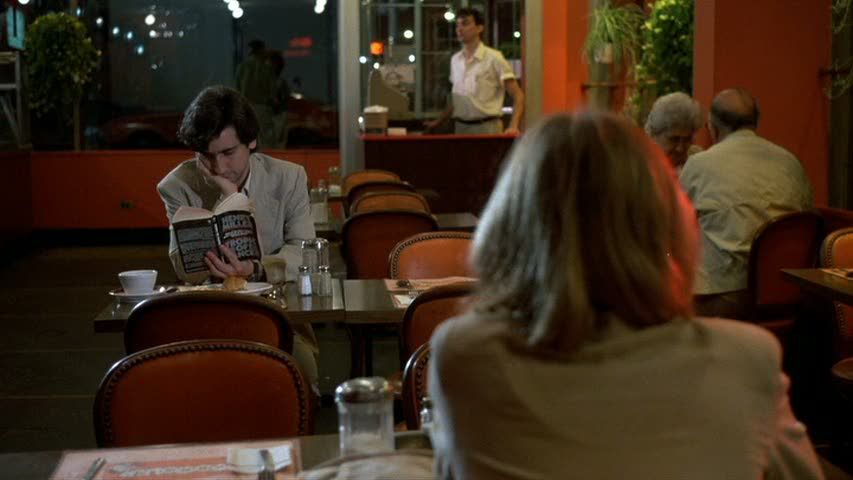
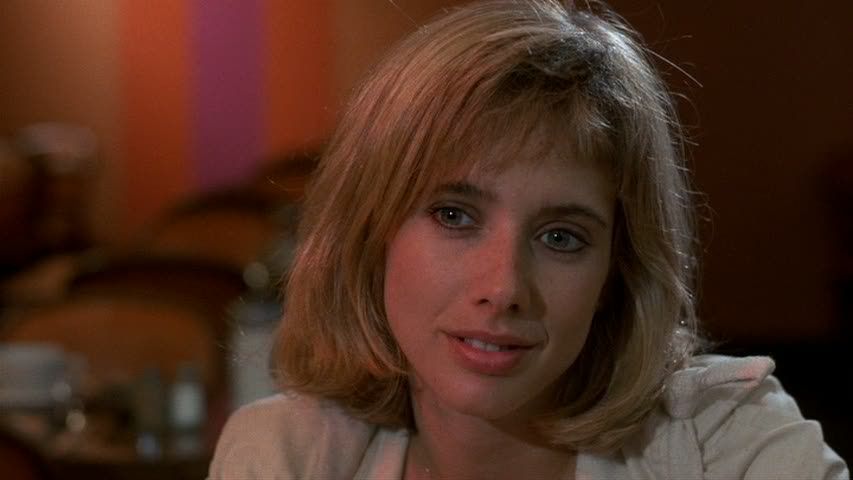
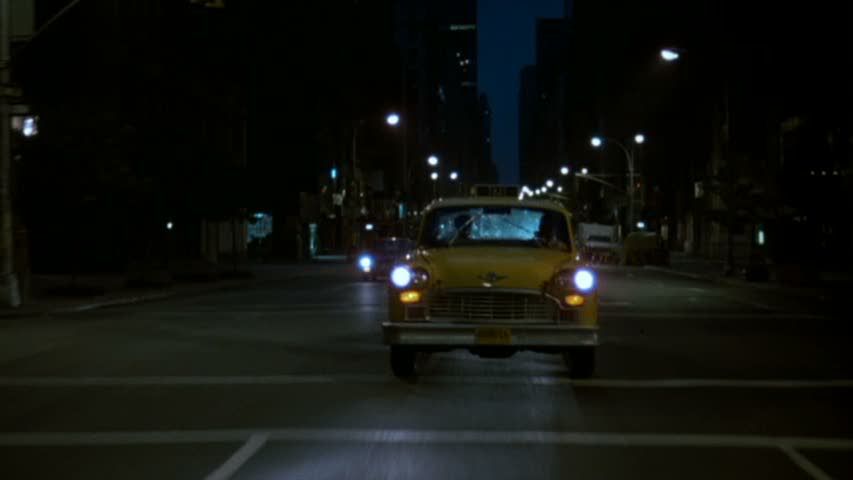
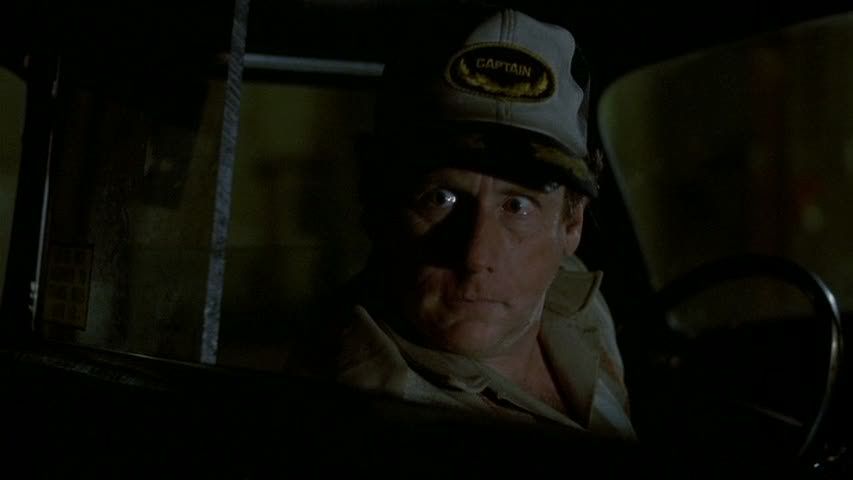
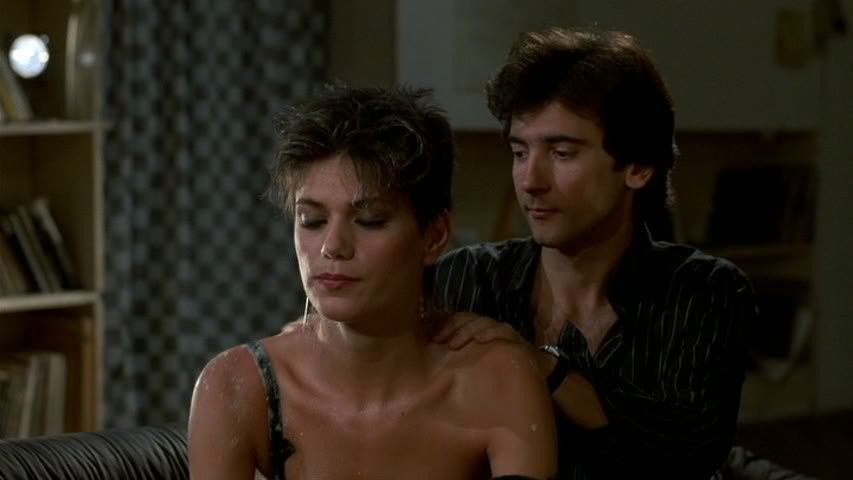
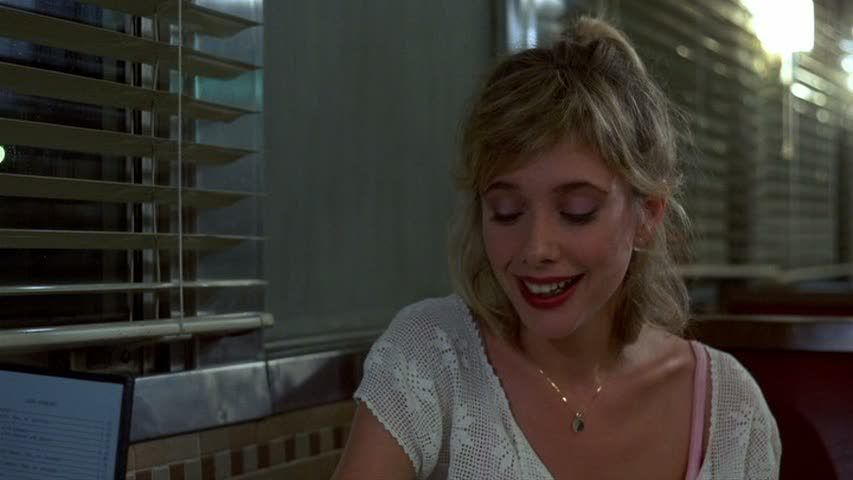
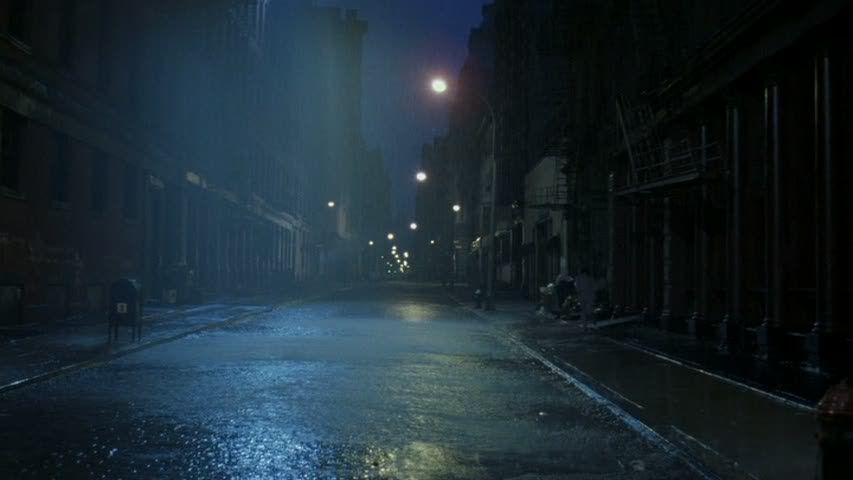
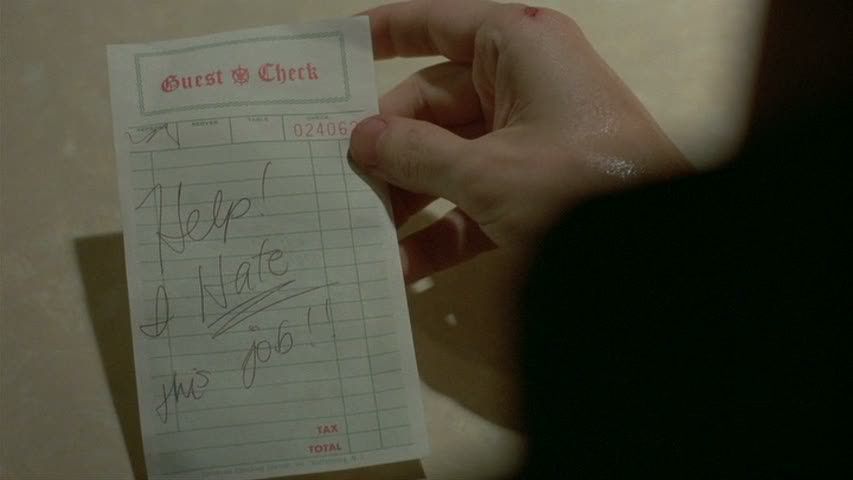
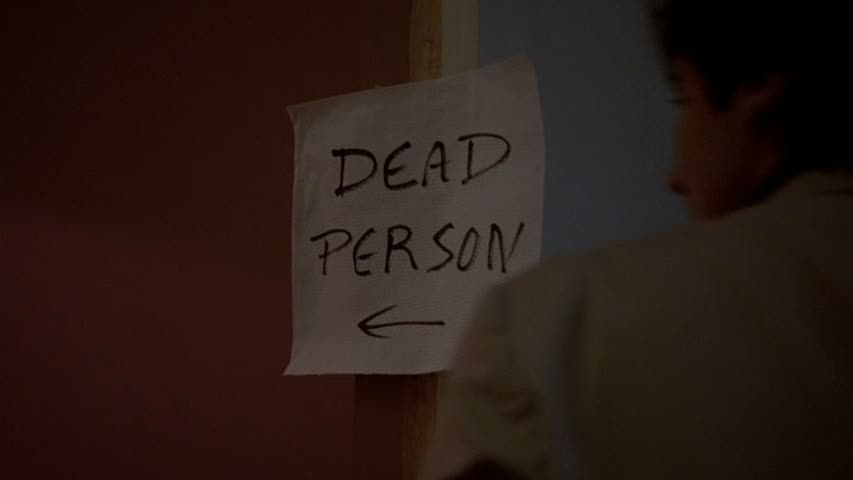
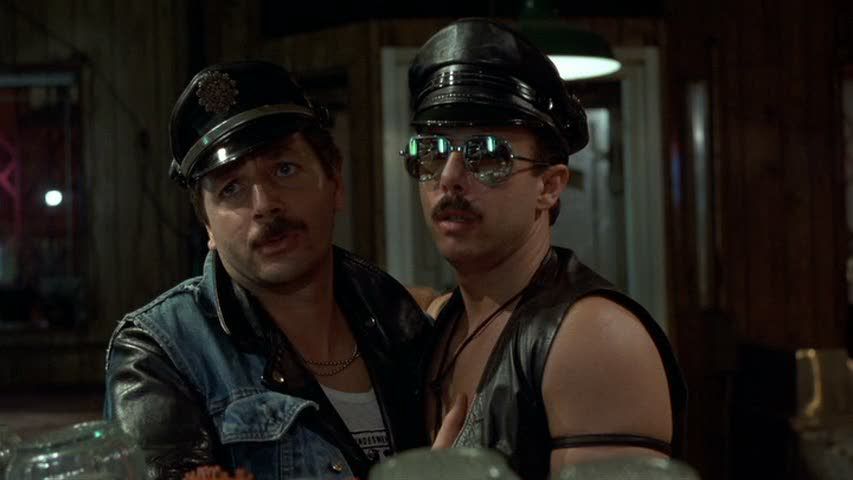
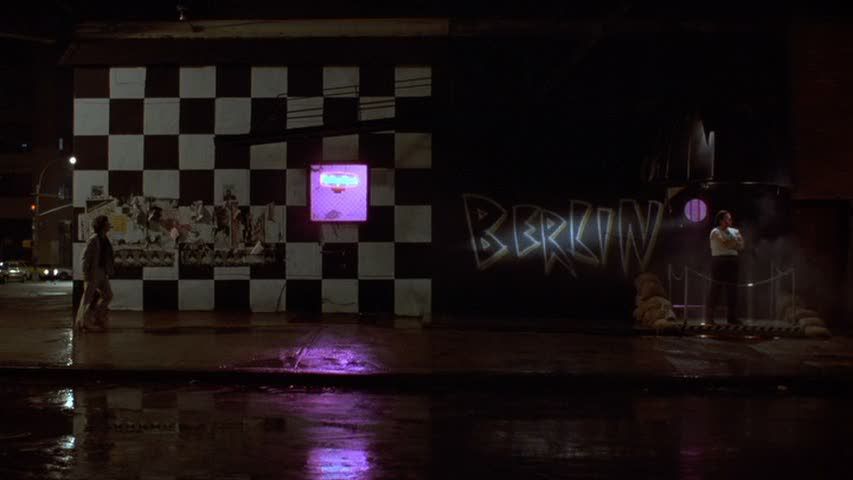
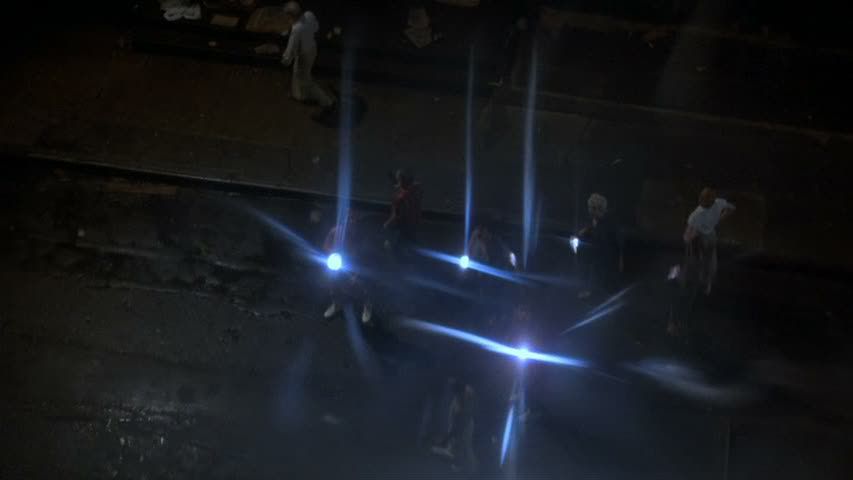
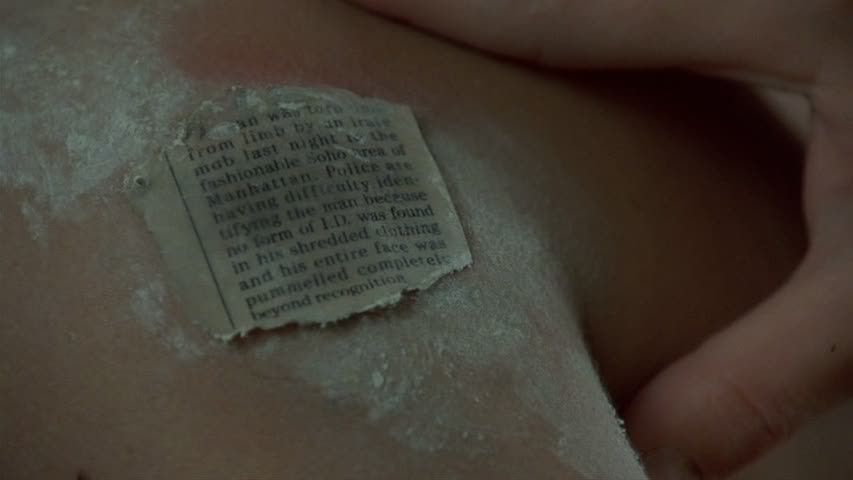
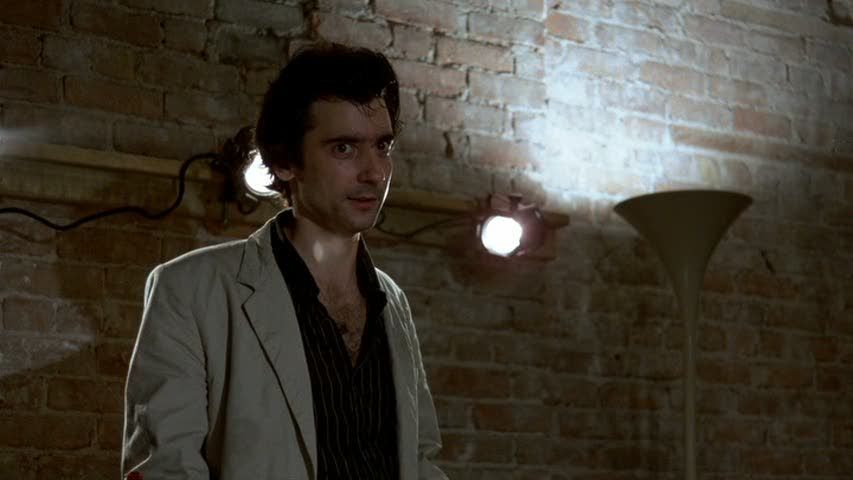
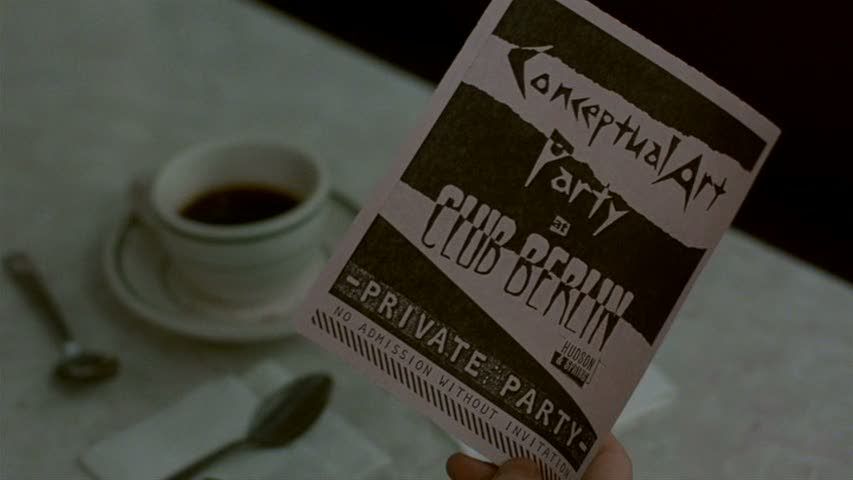
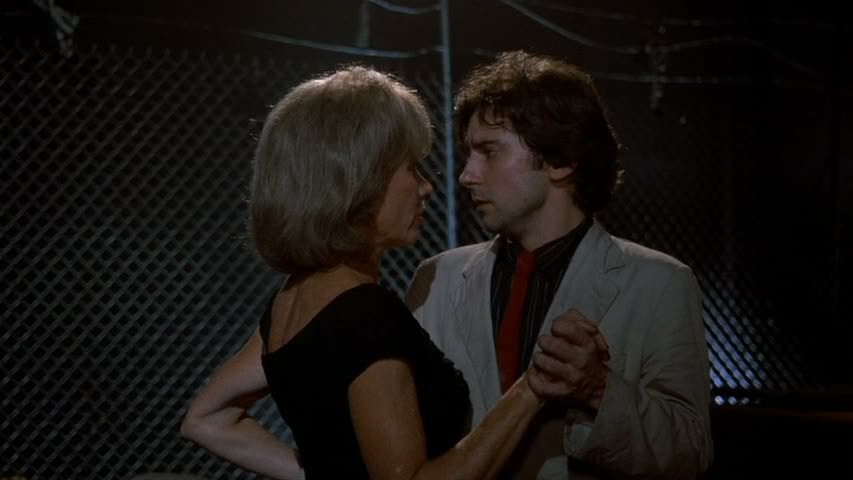
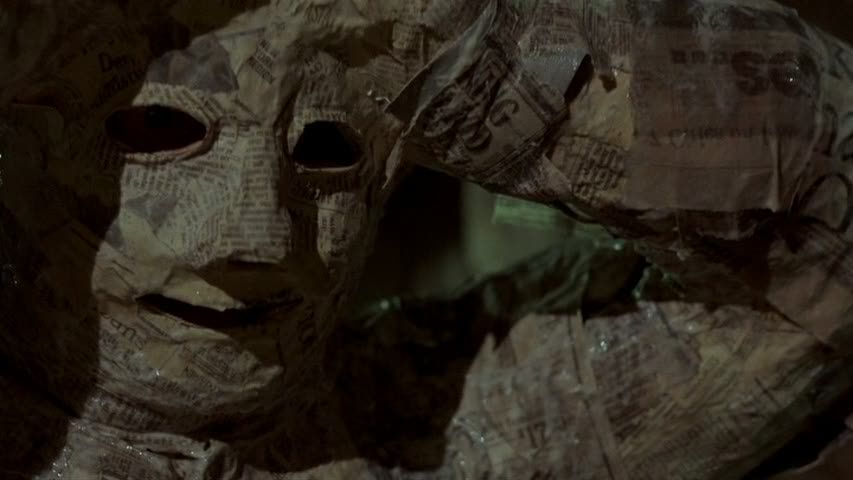









0Awesome Comments!